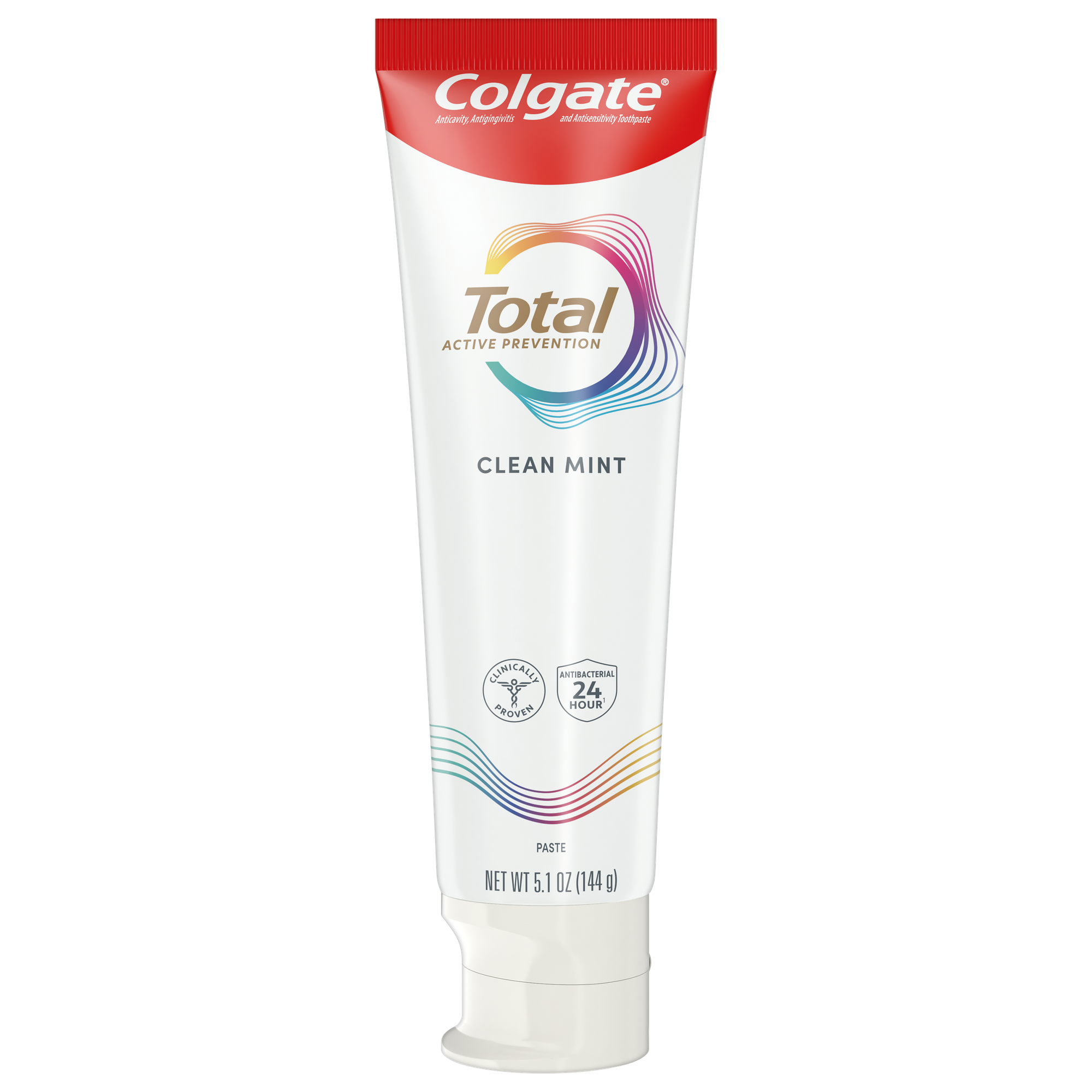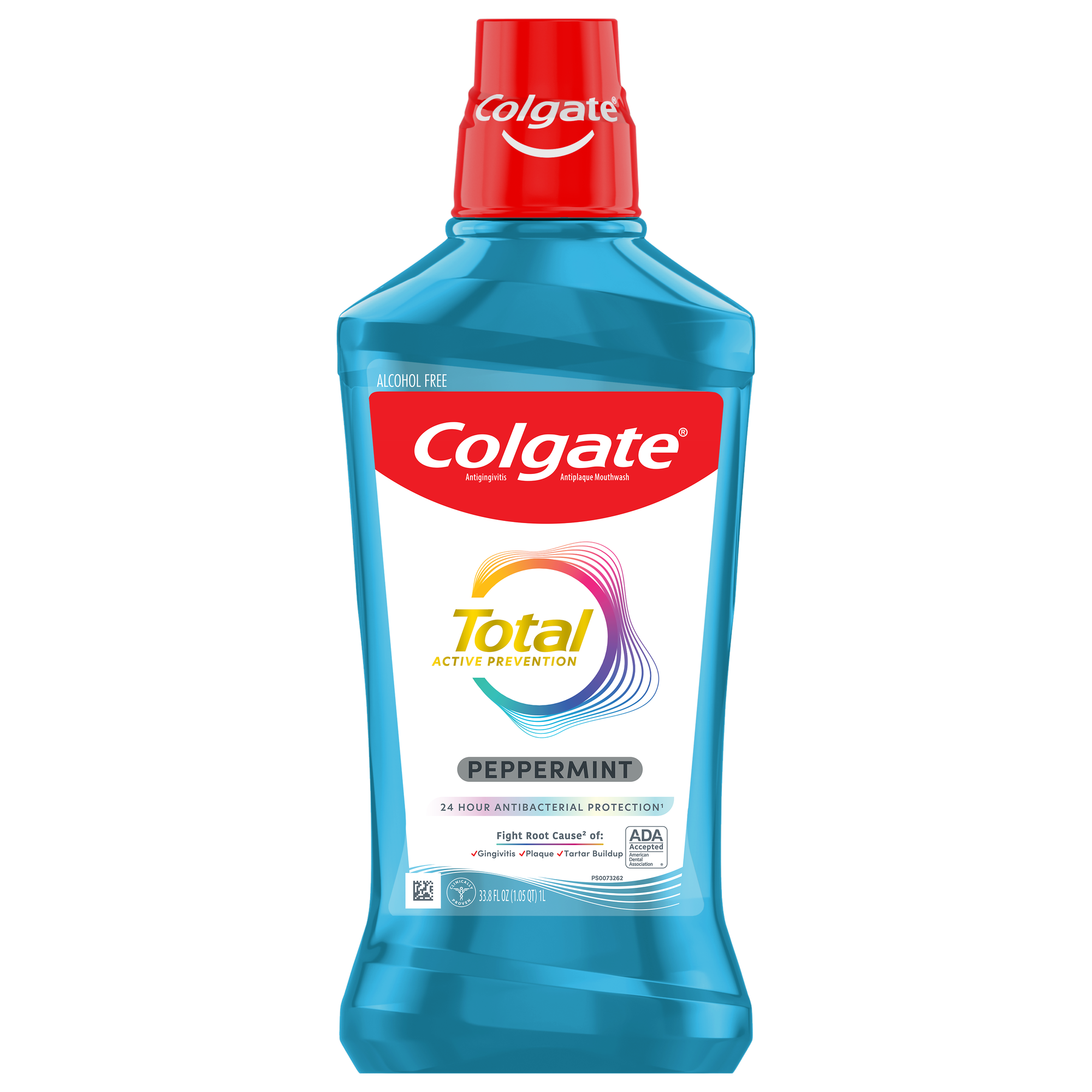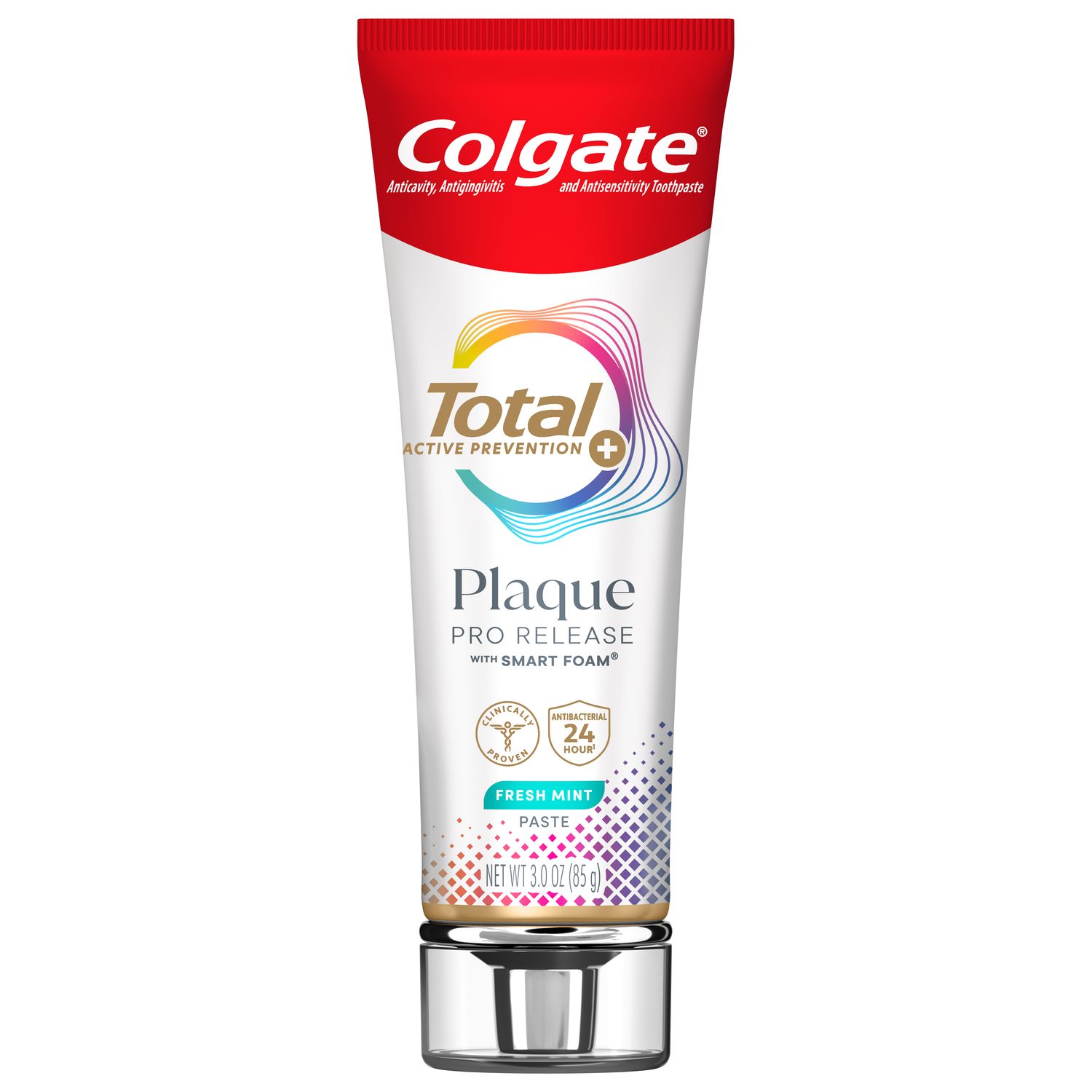
Cancer treatment often includes the use of radiotherapy and/or chemotherapy, both of which can compromise the patient’s oral health. With overall cancer incidence predicted to rise in the United States over the coming decades as a result of growth and aging of the population, what do dentists need to know about cancer and oral hygiene?
Cancer treatment and oral health
Radiation targeted at the head or neck can cause xerostomia by injuring the salivary glands and impairing salivary flow. Saliva is necessary for helping to maintain an optimal intra-oral pH, inhibition of demineralization and promotion of remineralization of tooth structure after acid attacks, and for helping to maintain the healthy composition and function of the oral microbiome. Therefore, xerostomia can increase a patient’s risk of dental caries and periodontal disease.
Additionally, radiation can impair blood supply to bones and tissues in the affected area. This leads to patients experiencing difficulty healing from infection or trauma to the oral tissues, and can cause osteoradionecrosis. Other potential side effects of radiation therapy include loss of taste, candidiasis, soft-tissue necrosis, and the formation of scar tissue.
Chemotherapy also makes the patient more vulnerable to infection due to its suppressant effect on the immune system, and since platelets are impacted patients may also be at greater risk of uncontrolled bleeding.
Both radiation and chemotherapy affect healthy cells as well as cancerous cells, causing patients to develop mucositis. Presenting as ulcerations, swelling and/or tenderness of the mucosal tissue, mucositis can make it difficult for the patient to speak, eat or swallow during treatment. Further, the lesions present an additional infection risk for the immunocompromised patient, particularly where salivary flow is impaired. This can lead to cancer treatment being delayed or halted.
Special oral care measures during cancer therapy
With these potential oral complications of cancer treatment in mind, dental professionals must take special measures to guard the patient’s oral health before, during and after cancer treatment.
1. Patient education
Among the general public, the connection between cancer treatment and oral health is not common knowledge. Amidst the shock and worry of a cancer diagnosis, then, oral hygiene may not stand out to the patient as a particularly high priority.
An oncologist will recommend that the patient schedules a dental visit in preparation for cancer therapy. This is the ideal opportunity to educate the patient on the potential side effects of treatment, and the need for meticulous oral hygiene throughout.
Keep in mind that our advice is one of many information loads the patient will be processing, at a very emotionally challenging time no less. Consider following up the visit with a summary of your guidance that they can refer back to as needed. You can also direct them to patient-friendly resources like:
Cancer and Dental Health (Mouth Healthy)
Oral Effects of Head and Neck Cancer Treatment (American Dental Association)
Oral Care During Cancer Treatment (American Dental Association)
Mouth Care for Cancer Patients (Dana-Farber Cancer Institute)
2. Preparation and prevention
In preparation for treatment, support patients in optimizing their oral hygiene routine to help prevent dental caries and periodontal disease. Recommend brushing twice-daily with a high-fluoride toothpaste like Colgate PreviDent 5000 Booster Plus which contains 5000 ppm fluoride. For patients at particularly high risk of caries, you may consider applying a 5% sodium fluoride varnish (off-label in the US) like Colgate PreviDent Varnish for enhanced protection.
Patients can be encouraged to continue interdental cleaning but, due to their increased risk of infection, they should be advised to stop if it begins to cause gingival bleeding. Note that if the patient does not already practice interdental cleaning, it is not advisable to begin during treatment due to the likelihood of initial bleeding.
Many commercial antimicrobial mouth rinse formulations contain alcohol, which can dry out the oral soft tissues and exacerbate mucositis and xerostomia. Instead, recommend a chlorhexidine gluconate mouth rinse like Colgate PerioGard.
3. Symptom management
Xerostomia and mucositis can both inflame the soft tissues, making brushing during cancer treatment a painful experience. To help your patient maintain their oral hygiene routine, recommend an extra-gentle toothbrush like the Colgate Slim Soft, which has ultrasoft bristles, or the Colgate Wave Gum Comfort to help keep discomfort to a minimum.
Patients with xerostomia also benefit from products like artificial saliva and specially formulated mouth rinses that help to hydrate the oral cavity. Made with gentle, plant-based ingredients, Colgate Hydris Mouthwash is proven to lock in hydration for up to four hours after use, relieves dryness and soothes inflamed tissues.
Additionally, patients should be offered dietary guidance to help minimize irritation and inflammation. Recommend drinking water and milk, and eating soft, moist foods with mild flavors. Patients should avoid:
Caffeinated or carbonated drinks
Alcohol
Acidic foods and drinks
Spicy foods
Foods with dry, coarse, crunchy or hard textures
4. Frequent check-ups
Finally, explain to your patient that diseases like dental caries can progress much faster than normal during cancer treatment. Regular check-ups give us the opportunity to catch problems early, prevent more serious complications, and avoid interruptions to their cancer treatment.
Frequent check-ups also allow you to adjust the patient’s oral care plan as needed. For example, if your patient develops xerostomia during cancer treatment, you can recommend that they switch to Colgate PreviDent 5000 Dry Mouth toothpaste. It features a gentle formula with a soothing mint flavor and is SLS-free, while offering the same high level of caries protection as PreviDent 5000 Booster Plus.
Join us
Get resources, products and helpful information to give your patients a healthier future.
Join us
Get resources, products and helpful information to give your patients a healthier future.













